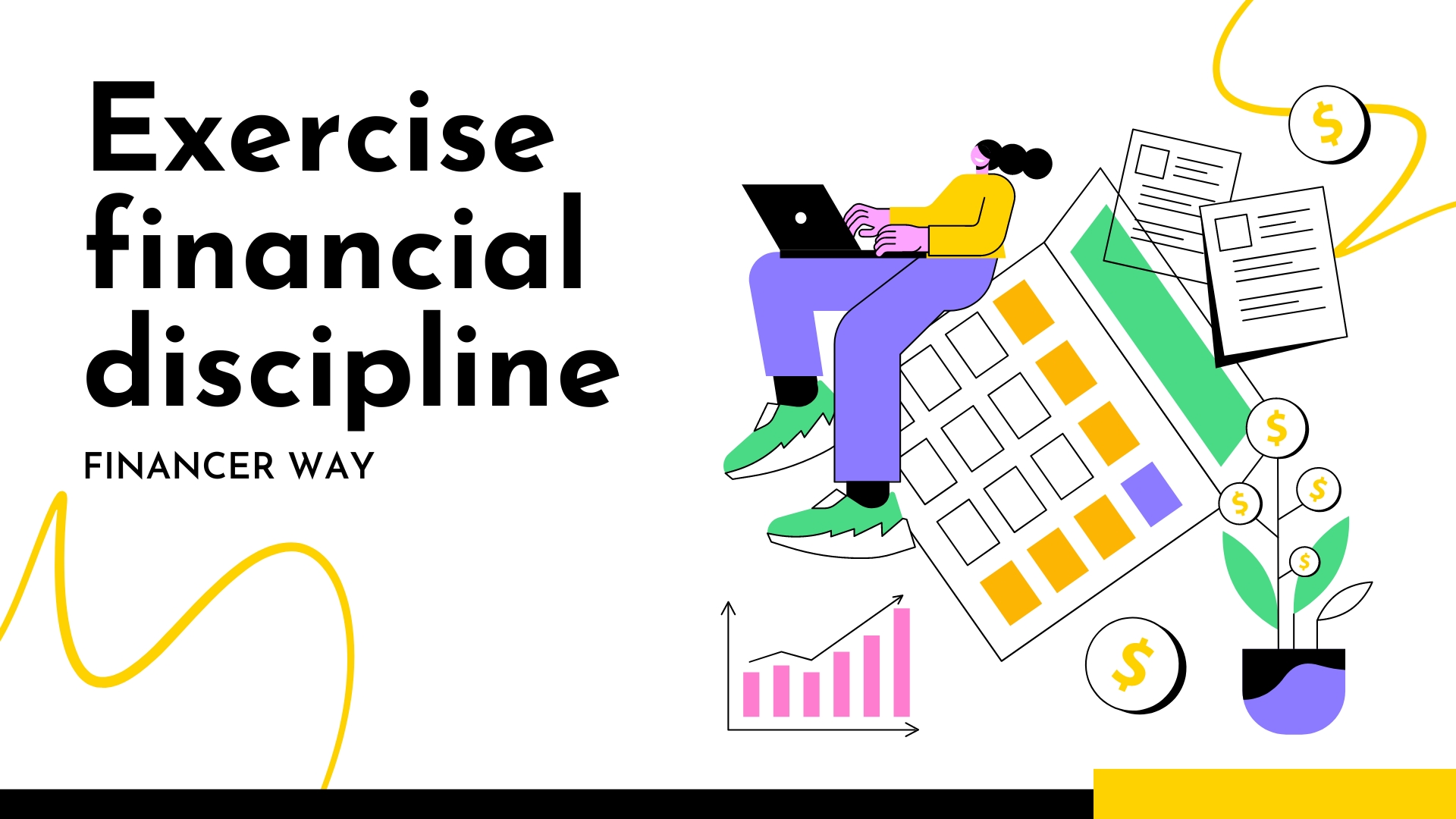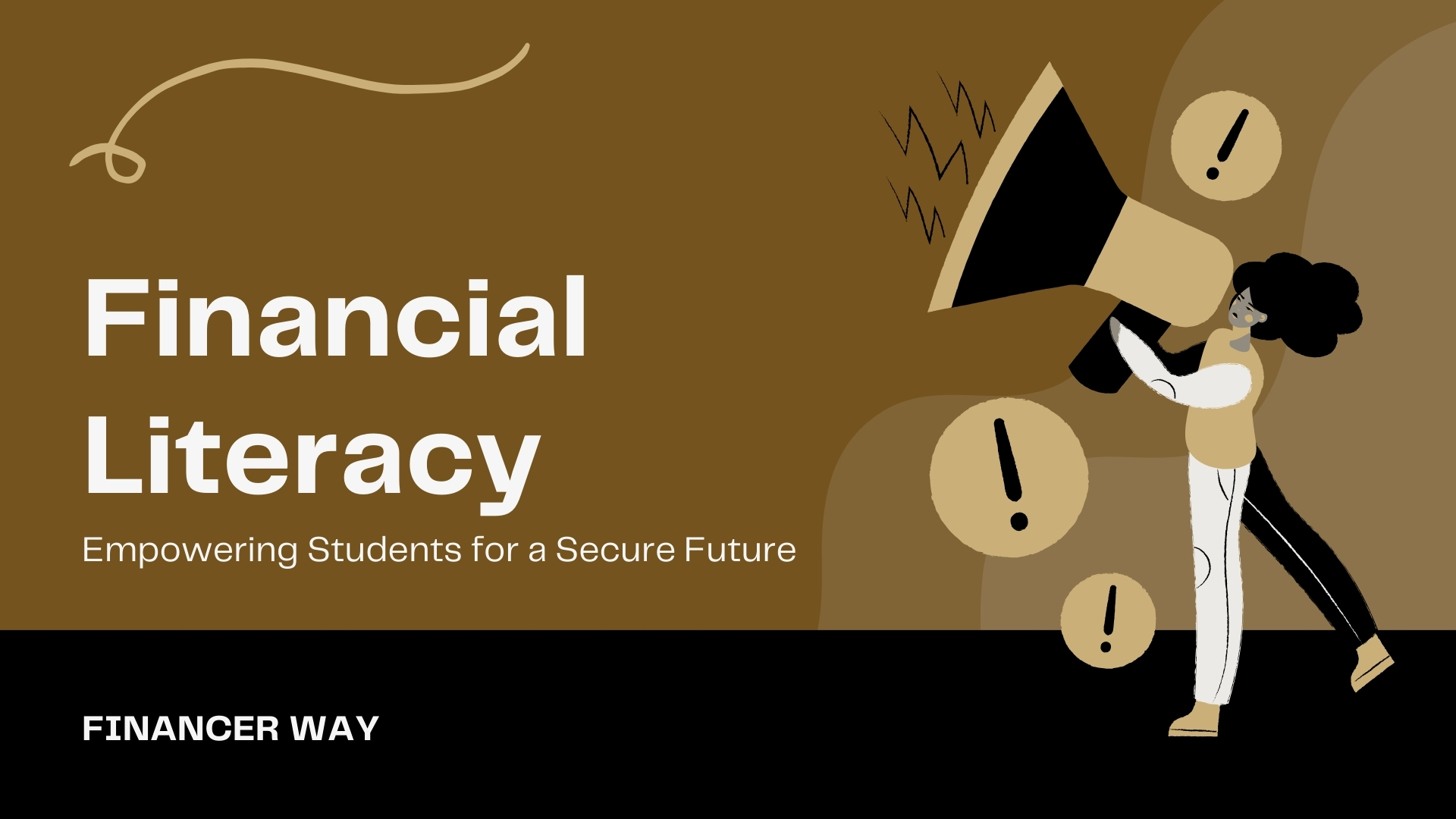“Master’s Financial Education: Budgeting, Debt Management, Credit Building, Savings and Investing for Students. Empowering Your Future.”
Financial literacy is an important skill that every student should have. In today’s fast-paced world where financial decisions abound, being financially literate can mean the difference between success and failure. In this comprehensive guide, we will explore the different aspects of financial education for students, providing practical tips and practical advice to help them navigate the complexities of personal finance.
Budgeting Basics

One of the cornerstones of financial education is budgeting. Scholars often bear various expenses, from tuition to living expenses. Making a budget allows them to track their income and expenses, ensuring they stay within their means. Encourage students to list all sources of income, including part-time jobs, scholarships, or allowances, and then set aside money for essential expenses like rent, food, and transportation. Emphasize the importance of setting aside a portion of your income for savings and emergencies.
Debt management

With the rising cost of education, many students rely on funding for their education. While debt can be a useful tool, it needs to be managed wisely. Encourage scholars to borrow only what they need and explore options such as scholarships, grants, and work-study programs before turning to loans. Additionally, advise them to understand the terms and conditions of any loans, including interest rates and repayment plans. Emphasize the importance of paying on time to avoid accumulating debt and damaging your credit score.
Construction credit

It is important for students to establish good credit history as they enter adulthood. A positive credit history can open doors to opportunities such as renting an apartment, buying a car or getting a job. Encourage students to start building credit early by applying for a student credit card or becoming an authorized user on a parent’s account. Remind them to use credit responsibly, make small purchases, and pay off the balance in full each month to avoid accruing interest.
Savings and Investments

While it may seem difficult for students to save and invest on a limited income, starting early can have long-term benefits. Encourage students to set financial goals, whether it’s saving for a trip abroad, building an emergency fund, or investing for retirement. Teach them the power of compound interest and the importance of diversification when investing. Introduce them to investment instruments such as stocks, bonds, and mutual funds and encourage them to seek guidance from a financial advisor when necessary.
Exercise financial discipline

Ultimately, establishing good financial habits and discipline is the key to long-term financial success. Encourage scholars to differentiate between needs and wants and prioritize their spending accordingly. Teach them to avoid impulse purchases and look for the best deals. Emphasize the importance of delayed gratification and the satisfaction that comes from achieving financial goals through hard work and perseverance.
Conclusion
Finally, scholars need to be financially literate in order to thrive in today’s society. By mastering the basics of budgeting, debt management, credit building, saving, and investing, scholars can lay the foundation for a secure financial future. As teachers and counselors, it is our responsibility to empower students with the knowledge and skills necessary to make informed financial decisions. Together we can help them achieve financial independence and success.
Frequently asked questions (FAQ)
1. Why is financial education important for students?
A. Financial education is important for students because it provides them with the knowledge and skills necessary to make informed financial decisions during their school years and throughout their lives.
2. How can students start building credit?
A. Scholar can start building credit by applying for a student credit card, becoming an authorized user on their parent’s account, or exploring secure credit card options. Credit must be used responsibly and paid on time.
3. What are some tips for managing debt as a student?
A. To manage loans effectively, scholars should only borrow what they need, understand the terms and conditions of their loan, and make on-time payments a priority. Exploring alternative funding options, such as scholarships and grants, can also help reduce reliance on loans.
4. How can students save and invest with limited income?
A. Even with limited income, scholar can start saving and investing by setting financial goals, prioritizing their spending, and exploring investment vehicles such as stocks, bonds, and mutual funds. Starting early and being disciplined are the keys to building wealth over time.
Additional Resources
Books: “The Total Money Makeover” by Dave Ramsey, “Rich Dad Poor Dad” by Robert T. Kiyosaki, “I’ll Teach You How to Be Rich” by Ramit Sethi.
Websites: Investopedia, The Balance, Nerd Vault.
Apps: Mint, Acorns, Robinhood.
Courses: Coursera offers a variety of courses on personal finance and investing.
Financial Advisor: Consider seeking guidance from a certified financial advisor for personalized advice and support.
